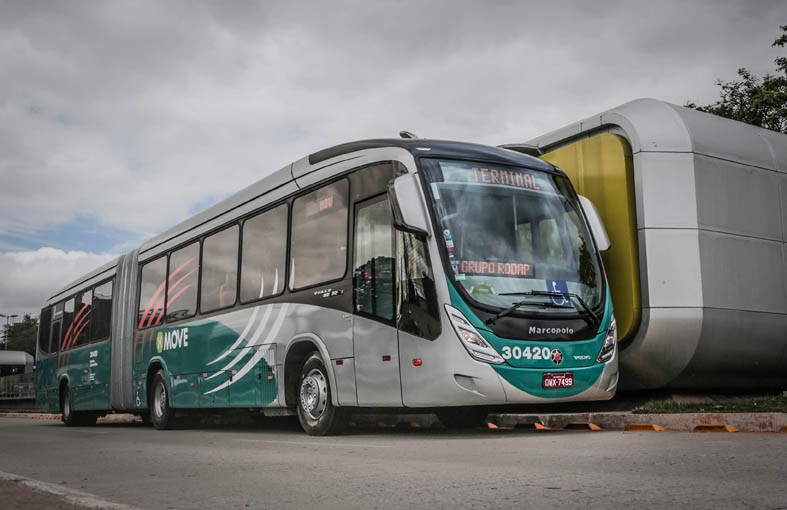
Introduction
Belo Horizonte, the capital of the state of Minas Gerais in Brazil, is an important cultural and economic hub known for its rich architectural heritage and diverse culinary scene. With a population nearing 2.5 million, this vibrant city is gaining international attention for its unique blend of urban development and natural beauty, making it a key destination in South America.
The Importance of Belo Horizonte
Founded in 1897, Belo Horizonte was envisioned as a modern city with specific urban planning, influenced heavily by European ideals. Its historical significance is highlighted by landmarks such as the Pampulha Modern Ensemble, a UNESCO World Heritage Site designed by famous architect Oscar Niemeyer. The city was strategically developed to serve as a vibrant center for commerce and tourism, fully embracing its role as a key player in Brazil’s economy.
Cultural Attractions and Events
Belo Horizonte is renowned for its cultural festivals, art galleries, and theaters. The city hosts the annual Festival Internacional de Teatro (International Theater Festival), attracting artists from across the globe. Moreover, its vibrant music scene is showcased in local venues and during events like the Mercado Novo Art and Culture Festival. Visitors can explore the historic São Francisco de Assis Church, another of Niemeyer’s masterpieces, and the beautiful Liberty Square, known for its lively atmosphere.
Culinary Scene
The culinary offerings in Belo Horizonte are a highlight for many. Known as the ‘food capital’ of Brazil, the city serves traditional dishes like pão de queijo (cheese bread) and feijão tropeiro (a bean dish typical to Minas Gerais). Local markets like the Central Market provide visitors with an authentic taste of regional ingredients and specialties, enhancing the city’s reputation as a gastronomic destination.
Future Outlook
With its growing economy and the recent investment in infrastructure, Belo Horizonte is poised to attract even more tourists and businesses in the coming years. The local government is keen on leveraging technology and sustainability to promote development while preserving the city’s rich cultural heritage. As awareness increases about Belo Horizonte as a travel destination, it is expected that tourism will flourish, leading to broader economic opportunities and cultural exchange.
Conclusion
Belo Horizonte stands out as a city that harmonizes modernization with rich traditions. As it continues to evolve, its commitment to cultural enrichment and economic progress makes it a promising destination for both travelers and investors alike. Those looking for a unique experience in Brazilian culture would do well to explore all that Belo Horizonte has to offer.



